Budget Could Delay Local Highway Projects
Republican legislators want to reduce borrowing in Walker transportation budget, but this could delay numerous projects.
It seemed to be a classic case of “firemen first,” a theory first put forth in 1976 by legendary Washington, D.C., journalist Charles Peters. Any bureaucrat, when asked to list what services or jobs would be cut because of a looming budget crisis, identifies the most painful losses in public services – firemen, police officers, EMTs, workers who fill potholes, etc. Bureaucrats use it to try and pressure elected officials, afraid of voter backlash, to soften the budget cuts.
It played out in the Capitol on March 3, when state Transportation Secretary Mark Gottlieb was asked what major state highways projects would face delays of up to five years, if Gov. Scott Walker’s plan to borrow $1.3 billion to continue transportation programs was reduced; Republican lawmakers are not happy adding that much debt to the transportation fund and would like to cut the borrowing to $800 million.
Gottlieb’s list of potential delays did not include the $1.7-billion Zoo Freeway project, the state’s busiest interchange, now in the “heart” of a rebuilding schedule that will last until 2018. But Gottlieb did list major highway projects that would be delayed by a $500-million reduction in borrowing in the backyards – and districts – of Finance Committee members. It included highways committee members had used to get to Madison that day. For example:
*Delaying work on Milwaukee-area projects – rebuilding the I-94 East-West Freeway between Miller Park and the Zoo Freeway, the I-894 bypass around Milwaukee, and I-94 south to Illinois. That would impact constituents of two committee Republicans, Sen. Leah Vukmir, of Wauwatosa, and Rep. Dale Kooyenga, of Brookfield.
*Delaying rebuilding I-94 in St. Croix County would hurt districts represented by two other committee Republicans, Sen. Sheila Harsdorf, of River Falls, and Rep. Dean Knudson, of Hudson They represent one of the fastest-growing regions of Wisconsin; their constituents use I-94 to commute to Twin Cities-area jobs.
*I-90 between Beloit and Madison would hurt the district of another Finance Committee member, Republican Rep. Amy Loudenbeck, of Clinton, who is serving on the budget committee for the first time. She said vehicles using that section of I-90 contribute between $650 million and $800 million a day to Wisconsin’s economy.
*Delays in rebuilding one of Madison’s busiest intersections – Highways 18 and 151, which gets drivers to the campus of giant Epic Systems in Verona – would result in complaints to two Finance Committee Democrats, Sen. Jon Erpenbach, of Middleton, and Rep. Chris Taylor, of Madison.
*Several Fox Valley-area highway projects would also be delayed by a $500-million reduction in Walker’s proposed borrowing, Gottlieb warned.
Two new Finance Committee members, Republican Rep. Mike Schraa and Democratic Rep. Gordon Hintz, both represent Oshkosh. Hintz thanked Gottlieb for DOT’s rebuilding of U.S. Highway 41. Schraa warned that transportation funding is in a “deep hole.”
Gottlieb also listed potential delays in rebuilding highways in the districts of two first-term legislators For example, work on the Tri-County Expressway at the intersection of U.S. Highway 41 and Wisconsin Highways 10/441 near Appleton, which is represented by Democrat Amanda Stuck, would be delayed. Also, work on Wisconsin Highway 23 near Sheboygan, which is represented by first-term Republican Sen. Devin LeMahieu, of Oostburg, would also be pushed back.
In a WisconsinEye interview, Assembly Speaker Robin Vos said the 63 Assembly Republicans won’t approve Walker’s plan to borrow $1.3 billion.
But Vos added, “I don’t want to cancel any projects because we already don’t do all the ones that are needed – especially in southeast Wisconsin….I don’t want to have less money for transportation. I want more.”
Vos then offered a personal example of how important highway projects are to legislators: “I want the (I-94) North-South to be finished. There’s literally a bottleneck right in the middle of my district.”
But if that project gets finished, which ones won’t, and in which legislators’ backyards? That’s what’s worrying them.
Steven Walters is a senior producer for the nonprofit WisconsinEye public affairs channel. Contact him at stevenscwalters@gmail.com.
The State of Politics
-
How Higher Ed Institutions Are Shrinking
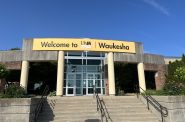 Apr 1st, 2024 by Steven Walters
Apr 1st, 2024 by Steven Walters
-
How New Supreme Court Influenced Legislative Decisions
 Mar 18th, 2024 by Steven Walters
Mar 18th, 2024 by Steven Walters
-
New State Aid Favors Rural Areas
 Mar 4th, 2024 by Steven Walters
Mar 4th, 2024 by Steven Walters


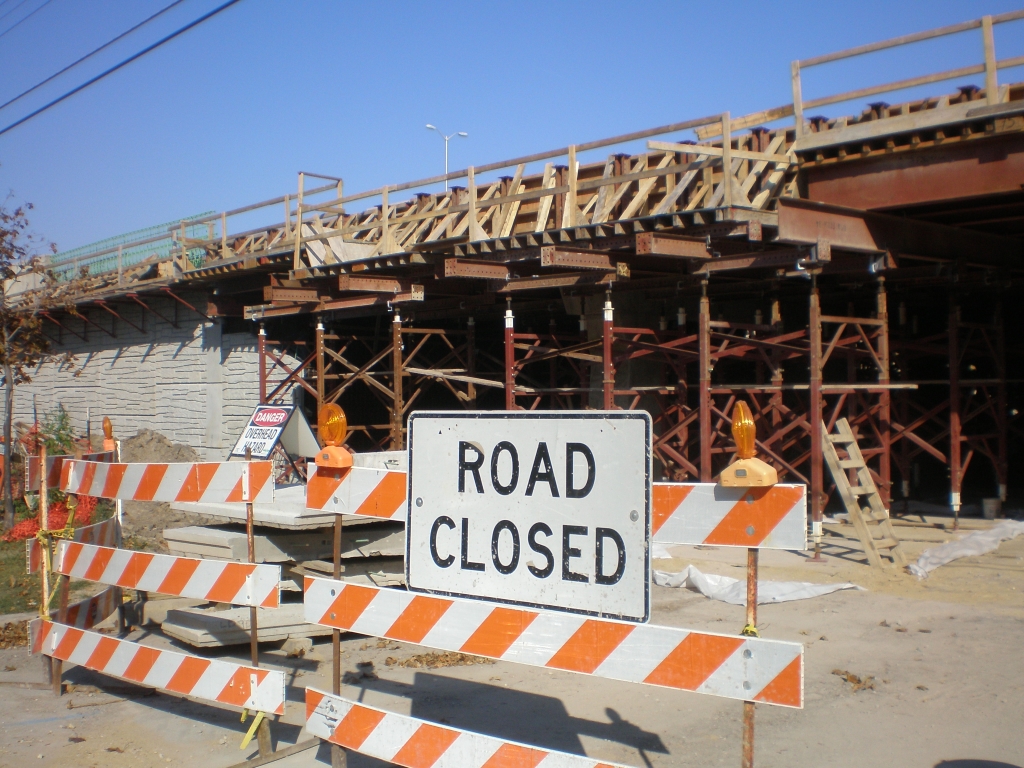
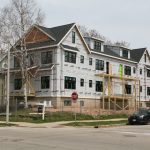

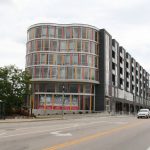

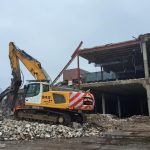




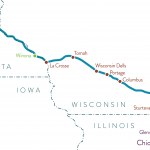
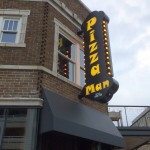




In college (back when dinosaurs roamed the earth), my political science prof used the example of the Air Force budget folk who when building a new base always built the Officer club, the EM Club, and the rec center first and when they ran out of money asked for more. What’s an Air Force base without runways!! This sounds so similar. The gutlessness of these guys who say “user fees” for things like state parks fail to see highways as needing an increase in “user fees” like registration and gas taxes is mind boggling. As a commuter who fills the tank at least three times a week, I think they need to get off their ideological soap box and begin responding to the needs of the state. We can afford to fund a comprehensive transportation system and truly need one. It’s really too bad that has gotten lost in the ideological mindset which says we must always cut taxes instead of assess needs and assets and see what we can do to support the community.
We don’t need more concrete, just smaller vehicles. More vehicles per mile of roadway is the solution. There is no sane reason that the vehicle registration fee for an Escalade should be the same for a Smart. The large vehicle takes up huge amounts of roadway and because of its weight, causes considerably more annual roadway damage than the small vehicle. To attract consumers to the smaller vehicles, the annual registration fee should be based on a wheelbase/weight formula. For example: the small vehicles could begin at an annual registration fee of $50 and using the formula, increase the fee to $500 for the largest classification.
This system would, in time, increase the number of vehicles per mile of roadway and eliminate the need for more concrete while simultaneously increasing roadway life.